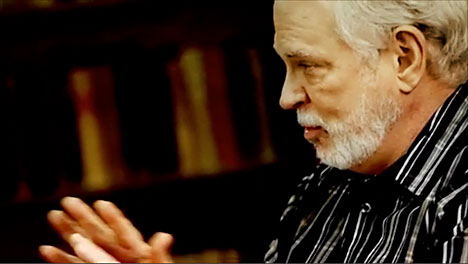Deep Patterns
“Jordan lays out all of the theological and typological issues connected to worship, and more specifically to the Lord’s Supper itself.”
Adam Ross, who I reckon gets through five books on a slow day, has reviewed James Jordan’s From Bread to Wine: Toward a More Biblical Liturgical Theology on goodreads.
In this book, Jordan seeks to demonstrate that the Eucharist replicates the deep patterns of human history, human life, and human ritual. As a result, the book is more focused on the huge, sweeping patterns of Scripture than on Communion itself. This was absolutely fascinating, but not what I was looking for nor expecting. Jordan is right on the money, of course, but I was looking for more exposition of the Eucharist passages and their OT backgrounds. He does have several chapters on this stuff, though, which was extremely helpful.
He also links the move from bread to broken bread, wine to poured wine to the growth of the human person and human society from priest to king to prophet, and shows that the transition from these always involve suffering and crises. Thus, priesthood spans childhood from birth to the creation of a new home in marriage, kingship spans from marriage to the mid-life crisis, and out of this crisis the renewal of life as a prophet, a king-maker and world-maker. The benefit of all this for understanding and processing human struggle in life and for counseling those currently in the midst of such crises, cannot be overestimated. So many give up and depart from their husbands or wives, abandon their hope, etc, because they don’t understand the need to persevere in this state until God gives renewal and a third stage of new creation.Jordan also links these stages to faith, hope, and love, in that order. The priest simply performs what is heard in faith. The transition from priest to king is typically hopeful – when you get married you are full of hope in the future. The transition from king to prophet must be focused on love and loyalty, because it is a dark suffering, a dark night of the soul, and only love in perseverance will see you through. Which is why for Paul, love is the greatest of these three. It completes the transformation of human life and human society.
All of this gets put together to show that the Eucharist spans all of these patterns, and therefore is the grounding needed to survive them. It makes a new world every week when it is celebrated, and it takes you through a microcosom of the span of human life, programming your liturgical rhythms to progress through these stages, so that every Sunday you are pulled apart by God and put back together into a new creation more and more.
The book is available from Biblical Horizons.


























